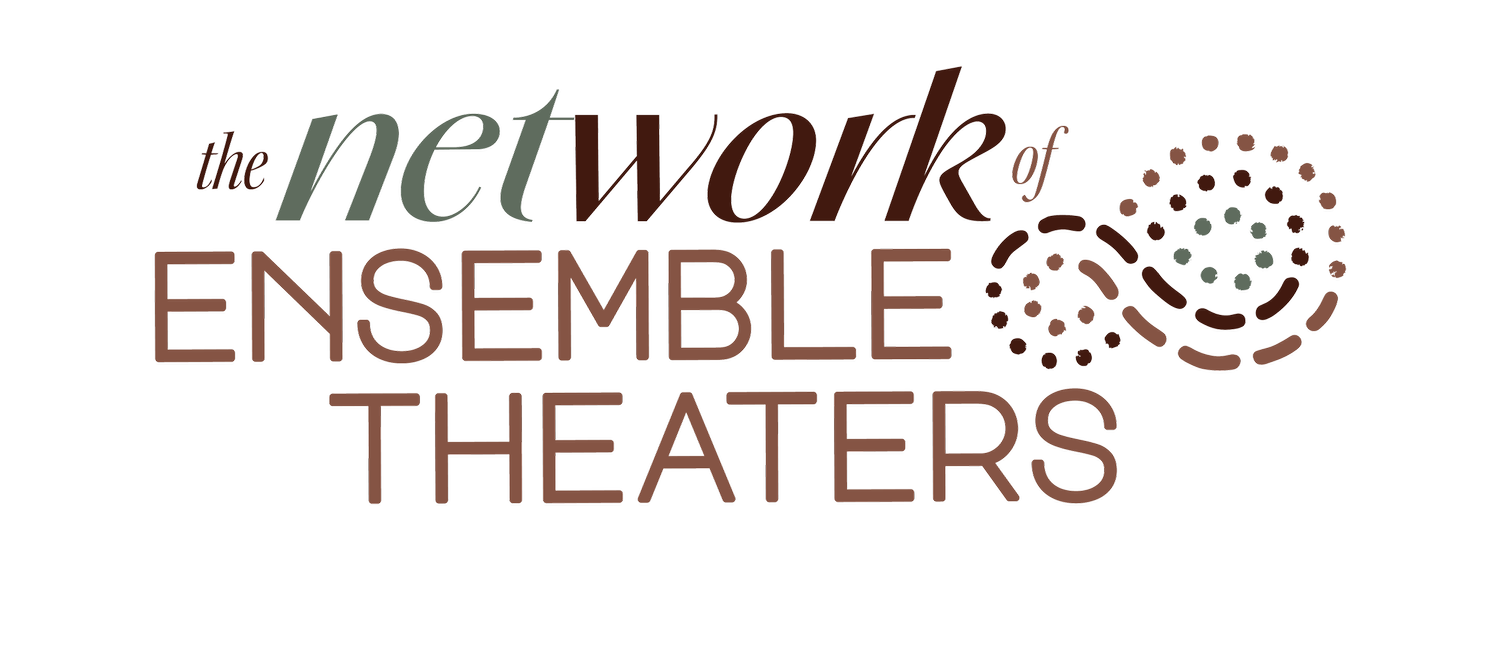Exchange Grants
NET/TEN GRANTS
NET/TEN Grants
NET/TEN Update
By the Numbers
Equity in Funding
VIRTUAL EXPLORATION GRANTS
Virtual Exploration Grants
Past Recipients
CREATE + ACTIVATE
Create + Activate
Project Team and Partner Ensembles
2022 Ensemble
TRAVEL GRANTS
EXCHANGE GRANTS
Exchange Grants
Past Recipients
CONTINUATION GRANTS
Continuation Grants
Past Recipients
REMOTE CONNECTION MINI-GRANTS
Remote Connection Mini-Grants
Past Recipients
RESOURCES
OTHER PROGRAMS
About NET/TEN Exchange Grants
NET/TEN Exchange Grants build on and deepen existing relationships through shared activity and peer-to-peer learning.
Grants range from $3,000 to $10,000
Activities must occur in U.S.
Awarded once a year
Exchange Grants must address one of these two goals:
(A) Artistic or technical/production exploration. Builds on a prior relationship in order to go deeper into a technique or methodology, follow a mutual interest, build a shared work, present a performance, etc. Performance tours are not a required element of these grants, although they may be included as part of the exchange.
(B) Administrative development/exchange. Deepens existing relationships by exploring practices unique to the operation or management of an ensemble, such as (but not limited to): approaches to shared or rotating leadership, training in consensus decision-making, use of non-traditional structures, etc.
Exchange Grants are designed to allow lead applicants and partners to take financial risks, to explore something beyond what they are already doing, and/or to more fully capitalize collaborations.
Applications are intended to be written and submitted jointly by two or more partners:
The lead applicant must be a NET member in the Ensemble category
Project partners are also named in the application
Project Partners
• U.S. based partners (or International partners from previously awarded and completed NET/TEN Travel grants only)
• In or outside of the city/region of the lead applicant
• Do not have to be NET members
• May be individual artists, other ensembles, non-profit organizations, experts from other fields, etc.; NET/TEN welcomes cross-sector and cross-discipline partnerships (i.e. collaborations outside the arts, or with arts disciplines or genres beyond your own)
Must be an outside relationship (i.e. an exchange with an individual who is affiliated with your ensemble but is located in a different geographic region would not be eligible). If awarded, the lead applicant and project partner(s) are considered joint recipients of the grant and will not be eligible to apply for another NET/TEN grant in this cycle.
Exchange Grants must be reciprocal: each partner should have the opportunity to learn from the other, either within the grant period, or as part of a larger project or timeframe. Reciprocation need not occur in the same way (i.e. one partner may share a performance and the other may reciprocate by sharing administrative practices, etc.).
Example Activities:
-Share rehearsals or exchange performance techniques, methodologies, or training exercises;
-Create a shared work or performance;
-Host a joint retreat with shared workshops and community building;
-Plan a series of administrative meetings to learn about ensemble consensus, board/staff structures, succession planning, and/or financial management.
Please click HERE to see more examples of previously funded Exchange Grant activities.
Eligible Expenses
Click here to see a chart comparing eligible expenses for each program.
Equipment purchases and publicly-available professional development offerings (e.g. using funds to register for conferences, festivals, or other pre-existing public workshops or trainings) are not supported by this program.
Community Engagement
Building community is a priority for NET. There is a question on the application regarding how you will engage your and/or your partner's communities in sharing about the project. NET acknowledges that public gatherings may not be a safe option given our current circumstances so we encourage folks to be creative in how they respond to this question. Community engagement activities in Exchange Grants are intended to expose a broader audience to the process and value of ensemble methods and practices. Proposals (except those focusing on administrative development/exchange) must include at least one community engagement opportunity that could be along these lines:
An informal sharing of a work-in-progress, a process, or from a previous body of work (virtual or in-person)
An informal dialogue/conversation about a range of topics
A workshop, class, or other learning activity
A public engagement activity
While participants for these engagement opportunities are generally defined as the “general public,” they may also be defined as other artists in the community who are not members of the host partner organization. Engagement activities should be appropriate to the ensembles/partners involved and community served, it is up to you to determine what makes the most sense for your project and community.
Do you have more questions?
We hosted an information session on January 11, 2022 specifically reviewing our currently open Exchange Grant.
